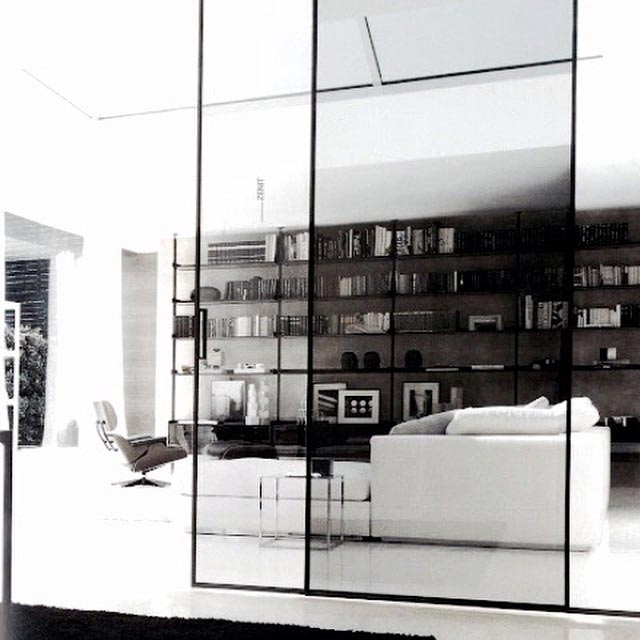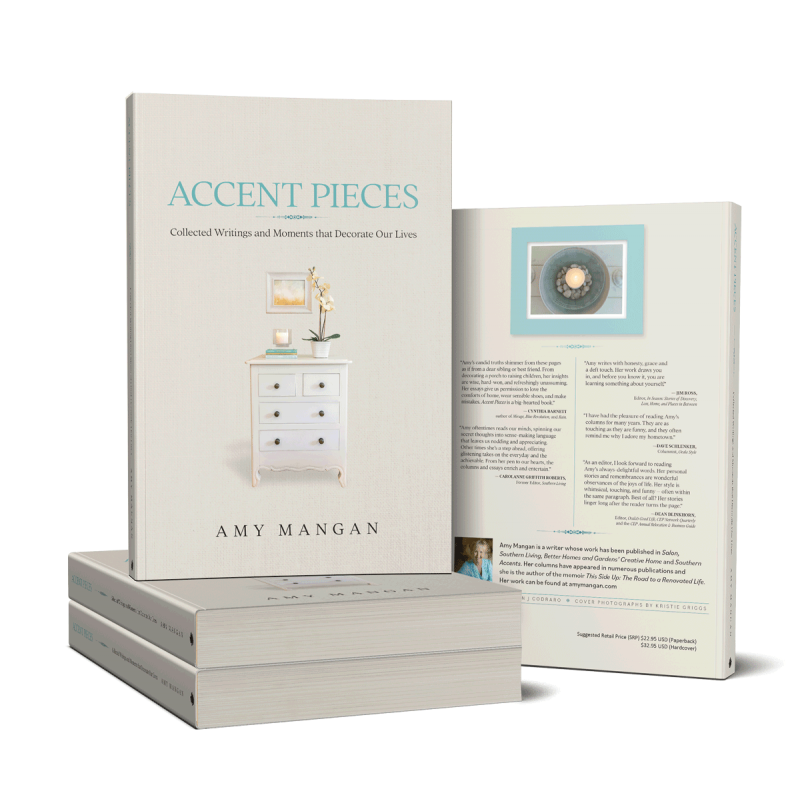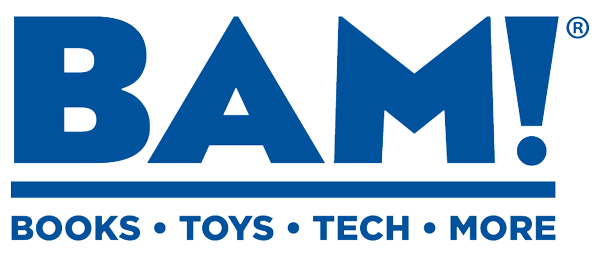
April 7, 2015
A chance encounter with a glass sliding door gave me a wake-up call.
Story set-up: I live in a house that has interior sliding glass doors — lots of them. Doors to the dining room. To the family room. To the kitchen. So, it would be easy to, say, bump into one. Trouble is, I didn’t just bump, I crashed head-first into the glass. The impact was so strong and loud I was certain I had shattered the door. Or my head.
Thankfully, both remained intact though I had a heck of a bruised forehead. When I was able to stand up without seeing little white lights (this really does happen after full impact. Who knew?), my husband put his hands on my shoulders, looked me square in the eyes and said firmly, “Slow down.”
Sage advice. It wasn’t like I was rushing to put out a kitchen fire. Where was I going with such a robust sense of urgency? To the family room. To sit. On the couch.
Slowing down doesn’t come easy; not only for me, but also for many other distracted rushers.
A whole “slow movement” is gaining attention, encouraging us to change our fast-paced lives and connect to something real — like family, friends and the good earth. Though we already may make these kinds of connections, the slow-goers contend we often do so while preoccupied with items that are less real.
Technology is a big culprit. How often have you asked someone to put down the cell phone, laptop or iPad while eating a meal together or having a conversation? Or someone has asked you to do the same?
I witnessed a scene with a young family at the beach. The children were doing handstands in the shallow part of the ocean, laughing as the crashing waves interrupted their acrobatics. This went on for some time. They’d turn back to the shore yelling for their parents to watch. Mom and Dad missed it all, nose deep into their electronic tablets and cell phones.
Here’s the thing: I don’t want to rush through life. Contrary to the bruised bump on my head, I prefer living in the slow lane.
Technology is seldom my Achilles heel. It’s my brain that I have a hard time turning off.
My accident was more a result of being mentally distracted than sprinting to claim the soft spot on the couch. I was deep in thought about who-knows-what when I became one with the door.
Aside from the honorable intentions of the slow movement, our culture encourages us to perform at full-speed. Take on another assignment. Volunteer for an additional committee. Respond to an untenable number of emails.
A multi-million dollar industry of planners and online organizers exist because we believe we need a system to stay ahead of ourselves. This seeps deep into our mental state, rendering it difficult to stop thinking about all the things we have to do. Next thing you know, your brain is on overload. Sometimes you run into doors. Or, worse: you’re stopped cold from emotional and physical exhaustion.
Wouldn’t it be great to change the more-is-better mentality on our life’s resume to doing just a few things really well? Wonder how that would go in an interview?
“I do one thing brilliantly. And I pay attention to what and who really matters.”
Our slow-moving friends believe this is possible. Baby steps. I’m trying to minimize my mental clutter and slow down and soak in what’s around me. I don’t want to crash into glass again anytime soon.
And I sure don’t want to miss handstands in the ocean.





